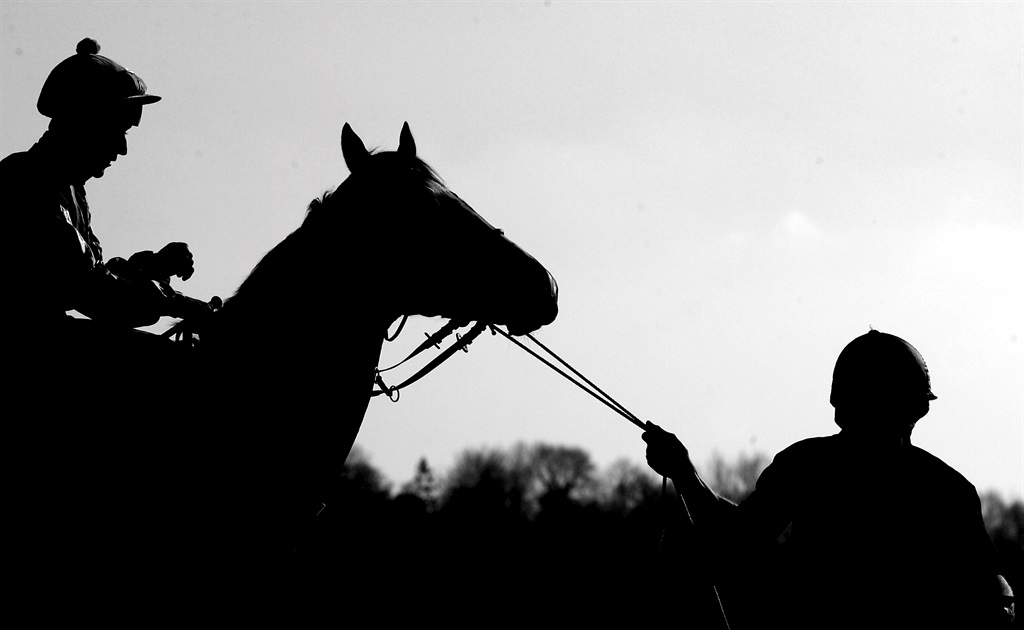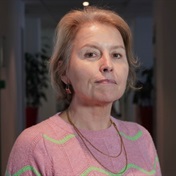
The ability to establish, grow, extend and restore trust among all the stakeholders is the much-needed core competency of today’s leadership. This is the elephant in the room in the case of South Africa as a country in all its different sectors, writes Willie Thabe.
- For more financial news, go to the News24 Business front page.
As an analyst in asset management, I discovered that it was always imperative to back good management in a bad sector rather than bad management in a good sector.
Thus, a credible plan as alluded to by one columnist in a business publication, and hashed by the South African government, cannot bypass the fundamental assessment of the country’s reputation.
Elsewhere, I have argued that "strong reputations – whether at the individual, corporate or government level – are associated with owning a distinctive position in the minds of resource holders based on a consistency of behaviour".
The distinct positioning is buttressed by a focus of actions and communications around a single core theme, perhaps easily discernible at the levels of corporates and governments – but also applicable at the level of the individual.
Individuals have fundamental beliefs about ethical behaviour that are reflected in their interaction with their general environment, even without being overtly communicated as the case might in corporates and governments.
South Africa’s potential has never come under question. However, the domestic and external downside risks remain consistent and substantial with potential implications for asset quality, profitability, and solvency going forward, as international assessment reports indicate.
The general economy is saddled with low growth, high unemployment and adverse debt dynamics, which hinders long-term fixed domestic investment.
The economy’s resilience was demonstrated by the strong recovery in 2021, following the unprecedented real output contraction in 2020, and the financial system buffeted the shock of the Covid-19 pandemic remarkably well.
According to analysis by the Absa Africa Financial Index, South Africa still surpasses all other African countries in terms of both liquidity and market depth. South Africa’s foreign exchange participation is always in the top 20 in the world, indicative of its competitive positioning in terms of level of development in global standards.
The size of the domestic bond market is 85% of GDP and the stock market capitalisation is about 300% of GDP. Whilst this level of liquidity and depth of market might be a source of capital, it also represents a financial market that is hugely vulnerable to portfolio flows.
The energy crisis has precipitated new bottlenecks in the performance of the South African economy, wrecking its reputation for reliability in the delivery of goods and services in both local and international markets.
We should never be oblivious to the fact that trust is the currency leveraged in the large volume of transactions priced and traded on a daily basis. Before legal confirmation, international investors seek reliable countries and governments they can trust to invest in.
To paraphrase one of former US Federal Reserve chair Alan Greenspan’s remarks, effective corporate, even public governance, relies on a reputation for honest dealings within a business or financial system. Without trust in the reliability of counter-parties’ declarations, the efficacy of market transactions would be severely constrained.
But the most important issue is the observer’s perception of the corporation or country, which, ultimately for a corporation, is captured in the intangible matter called "goodwill", which is in effect capitalised on the corporation’s balance sheet, and countries are also appraised by international investors on a similar basis.
If trust be the basic tenet of transacting and the number one competency in leadership as Steven Covey [US author, businessman] alludes, it is like a currency, a reputation or brand.
The ability to establish, grow, extend and restore trust among all the stakeholders is the much-needed core competency of today’s leadership. This is the elephant in the room in the case of South Africa as a country in all its different sectors.
Covey further identifies 13 behaviours of high trust leaders: "Talk straight, demonstrate respect, create transparency, right wrongs, show loyalty, deliver results, get better, confront reality, clarify expectations, practice accountability, listen first, keep commitments and extend trust."
In effect, he argues that honouring commitments is the No1 behaviour trait in building trust and, given that trust is a mutual behaviour, there is a responsibility not only to reciprocate it but to spread it and create organisational cultures based on it.
Victor Seco believes that countries need to develop learning organisations through a "process by which an organisation/country transforms information into new knowledge to find better answers to the environment". What have we learned as a country in 28 years of democracy that has enabled us to navigate the 21st century in such a way that it sets us apart as a great investment destination?
Authors James M. Kouzes and Gerald Posner argue that, "Great leaders such as those in large companies and large countries, create meaning and not just money".
At the initiation of our constitutional democracy there was a leader who earnestly sort to restore trust among all stakeholders with a particular message slanted towards diffusing the polarisation that characterised South African history.
He, more than any other leader, demonstrated a healthy respect for the constitution and the rule of law by subjecting himself to a court process.
Given the fact that foreign investors do not have the granular details about an economy that might point to the pockets of excellence within a broadly declining economic environment, one cannot doubt the root causes of the growing pessimism about the stability of returns earned through investing in the South African economy.
South Africa’s challenge is to establish a national plan that has the buy-in of all stakeholders. A preponderance of collaborative efforts between the public and the private sector corporations. Though not au fait with the details, Discovery’s anticipation of the National Health Insurance is an example of how a better economic future can be built.
Investors are constantly bombarded by news of a looming grey listing, investment downgrades, internecine wars in abandoned mine operations, constant service delivery protests, a crumbling infrastructure, the disappearance of funds such as those intended for relieving the effects of Covid-19.
There is now a touted proposal to criminalise government criticism which effectively is switching off the lights instead of removing the worms on the meat.
At the baseline, can investors trust the integrity of the state where norms of illegality that undermine the constitution and criminal law seem pervasive? What are the basic norms – standards or patterns of behaviour expected of South Africans in the current context? What certainty of living can be derived based on laws and established practices under the current administration?
Preacher Dwight Moody put it succinctly when he said: "If I take care of my character, my reputation will take care of itself."
The drought of fixed domestic investment is not a doubt on the potential of the country, rather it is a statement on our purpose and depth of leadership. It is not the horse but the jockey, that is in doubt in the hearts and minds of international investors.
Willie Thabe is managing executive at Angavu Ethical Solutions and writes in his personal capacity.




 Publications
Publications
 Partners
Partners












